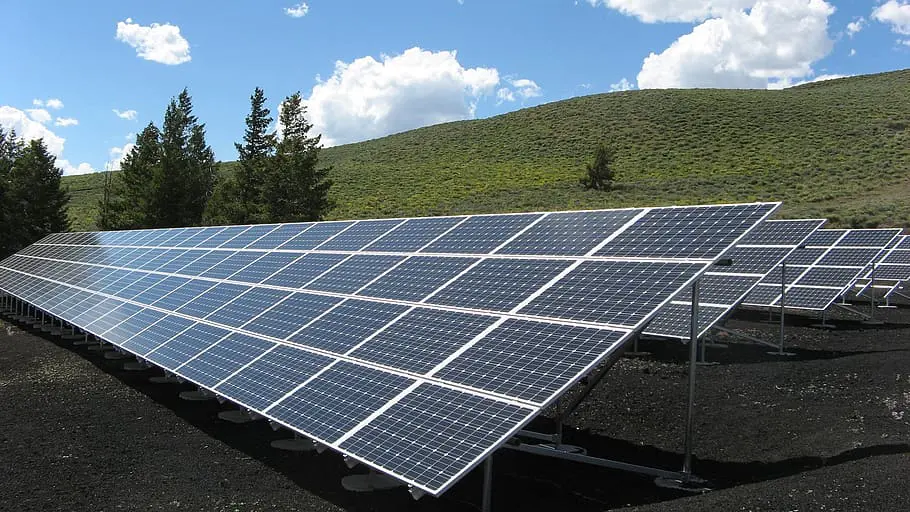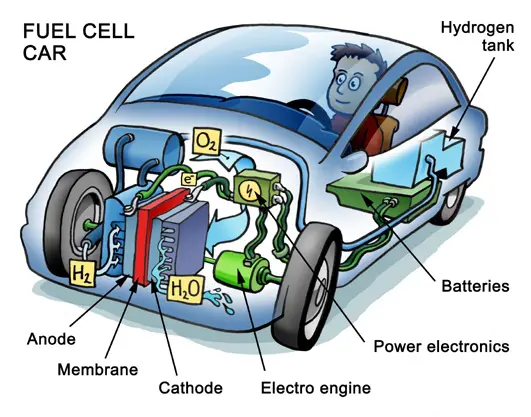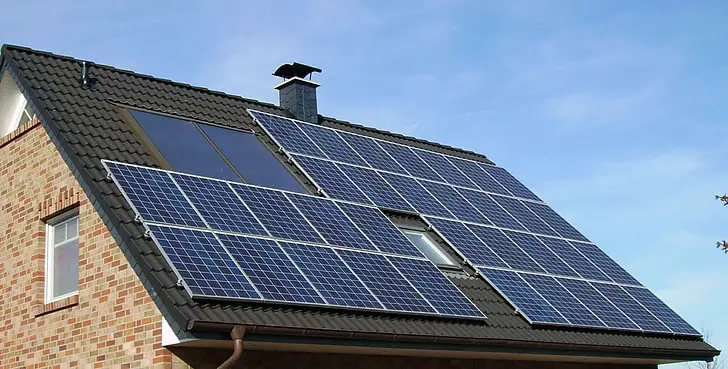
Discover the benefits of residential solar panels and how they can revolutionize your life.
From slashing your electric bill to helping the planet, find out why going solar is a bright idea!
The benefits of residential solar panels are numerous and impactful. They can significantly reduce your electricity bills and offer a sustainable way to generate power. Additionally, they increase your home’s value and come with tax incentives. Environmentally, they help reduce your carbon footprint, contributing to a greener future.
So, you’ve heard the buzz about the benefits of residential solar panels and you’re curious, right?
Well, you’ve come to the perfect place! We’re diving deep into how these shiny panels can not only put money back into your pocket but also make you a champion for Mother Earth.
Stick around, it’s going to be enlightening!
10 Benefits of Residential Solar Panels
The sun has been shining down on us for billions of years, but it’s only recently that we’ve started to tap into its immense power for our daily needs.
Solar energy has moved from being a fringe concept to a mainstream source of power.
This article will delve into the numerous benefits of installing residential solar panels, from saving money to saving the planet.
The 10 Benefits of Residential Solar Panels
Here are the 10 key benefits of residential solar panels:
1. Reduced Electricity Bills: Solar panels allow you to generate your own electricity, reducing your dependence on the grid and lowering your monthly bills.
2. Sustainable Energy Source: Solar energy is renewable, meaning it won’t run out, unlike fossil fuels. It’s a clean way to power your home.
3. Increased Property Value: Homes with solar panel systems are often valued higher than those without, making it a smart investment for the future.
4. Tax Incentives: The federal government and many states offer tax credits and rebates for installing solar panels, reducing the initial cost.
5. Reduced Carbon Footprint: Using solar energy instead of traditional fossil fuels helps to reduce harmful greenhouse gas emissions.
6. Energy Independence: With solar panels, you can produce your own energy, reducing your reliance on utility companies and even selling back excess power.
7. Technological Advancements: Modern solar panels are increasingly efficient and can even store energy for use when the sun isn’t shining.
8. Job Creation: The growing solar industry is creating new jobs, contributing to economic growth.
9. Community Benefits: Community solar projects allow multiple people to benefit from a single, shared solar array, making solar more accessible.
10. Energy Security: By reducing dependence on foreign energy and diversifying the energy portfolio, solar power contributes to national energy security.
These benefits make a compelling case for considering the switch to solar energy for your home.
Economic Benefits
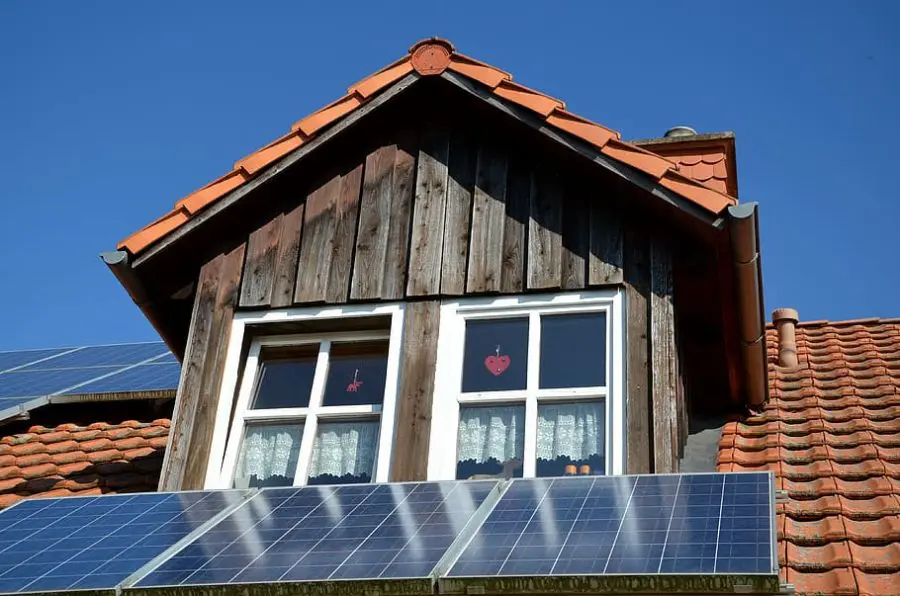
Ready to give your wallet a break? The economic benefits of residential solar panels are a game-changer.
From slashing your electricity bills to offering juicy tax credits, going solar is more than just an eco-friendly move. It’s a smart financial decision that pays off in the long run.
Cost Savings
Reduced Electricity Bills: One of the most immediate benefits of installing a solar panel system is the reduction in electricity bills.
According to the U.S. Energy Information Administration, the average electricity cost in the United States has been on the rise in recent years.
Solar panels can help you combat these rising energy costs.
Energy Production Guarantee: Many solar companies offer guarantees on the amount of energy your system will produce, providing added financial security.
This is a great way to ensure energy savings over the long run.
Financial Incentives
Tax Credits: The federal solar tax credit allows you to deduct a significant portion of your solar power system’s cost from your federal taxes. This is a major advantage of solar energy that can significantly reduce your initial investment.
Solar Rebates: Various state governments offer rebates that can further reduce your solar system’s upfront cost. These financial incentives make solar a smart investment for property owners.
Long-term Investment
Increase in Property Value: Homes with solar energy systems have been shown to increase in value more than homes without one.
Energy Production Capacity: Over time, your solar panels will produce enough energy to not only pay for themselves but also give you a return on your investment.
Environmental Benefits
Looking to be a friend to Mother Earth? The environmental benefits of residential solar panels go beyond just your backyard.
By reducing carbon emissions and using a renewable energy source, you’re contributing to a cleaner, greener planet for future generations.
Reduced Carbon Footprint
Switching to a solar power system significantly reduces your household’s carbon footprint, helping to combat climate change.
Solar panels help in reducing carbon dioxide and other greenhouse gases that are harmful to the environment.
Sustainable Energy Source
Solar energy is sustainable and renewable, unlike fossil fuels like coal and natural gas which contribute to air pollution and are finite.
Solar cells capture the sun’s energy, converting it into electricity for your home, making it a renewable energy source.
Contribution to a Greener Future
By adopting solar technology, you’re contributing to a larger community effort to move away from harmful emissions and towards clean energy sources.
Technological Advancements
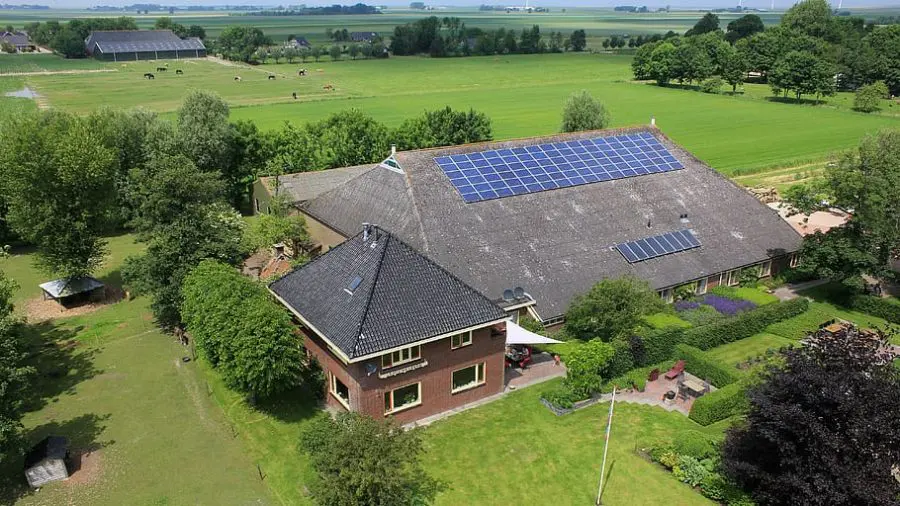
Technological advancements have made today’s residential solar systems more efficient and versatile than ever.
From high-efficiency solar cells to innovative storage solutions, modern solar tech is making it easier for you to harness the sun’s energy.
Types of Solar Panels
Monocrystalline: Known for their efficiency and sleek design.
Polycrystalline: Slightly less efficient but generally cheaper.
Solar Panel Efficiency
Advancements in solar technology have made panels more efficient at converting sunlight into electricity.
Solar Batteries and Storage
Modern solar batteries have increased the utility of solar panels, allowing you to store excess energy for cloudy days or power outages.
Energy Independence

Tired of being at the mercy of utility companies?
Achieving energy independence is one of the most empowering benefits of residential solar panels.
With your own solar system, you can generate and even store your own electricity, giving you control and reducing your reliance on the grid.
Reducing Reliance on Utility Companies
With a solar energy system, you can produce your own electricity, reducing your dependence on utility companies.
This is particularly beneficial on sunny days when your solar panels can generate excess electricity, which can be stored in a solar battery system for later use.
Net Metering
This system allows you to sell excess power back to the grid, further reducing your utility bills. Some states even have feed-in tariff systems that pay you for the extra energy you produce.
Self-sufficiency
Solar power systems can include battery storage, allowing you to be entirely self-sufficient if you choose.
Additional Benefits
Beyond the obvious perks like saving money and helping the planet, residential solar panels offer additional benefits that might surprise you.
From creating jobs to enhancing community well-being, solar energy is the gift that keeps on giving.
Job Creation
The growing solar industry is creating jobs at a rapid pace, contributing to economic growth.
Solar installers are in high demand, and the Lawrence Berkeley National Laboratory reports that solar-powered homes are increasingly popular among home buyers.
Energy Security
By reducing dependence on foreign energy and diversifying the energy portfolio, solar power contributes to national energy security.
This is one of the numerous benefits of solar energy that goes beyond individual gains.
Community Benefits
Community solar projects allow multiple people to benefit from a single, shared solar array.
Benefits of Home Solar Panels FAQs
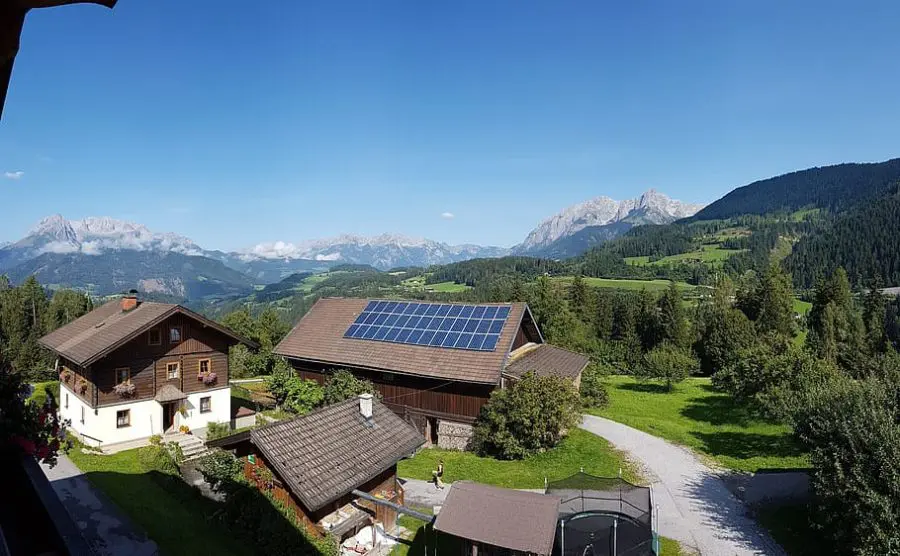
Hey, we get it. Making the switch to solar can bring up a lot of questions.
You’re not just buying a gadget. You’re making a long-term investment.
So, let’s tackle some of the most common questions people have when considering solar panels for their homes.
Q: How much do solar panels cost?
A: The cost can vary widely based on your location, the size of your home, and the type of solar panel system you choose.
On average, you might be looking at an initial cost ranging from $15,000 to $25,000 before any tax credits or rebates.
Q: How much can I save with solar panels?
A: Savings can be substantial over time. Depending on your electricity usage and local rates, you could save hundreds or even thousands of dollars each year on your electric bill.
Q: What are the financing options for solar panels?
A: There are several ways to finance your solar project, including solar loans, leases, and power purchase agreements (PPAs). Each has its pros and cons, so it’s worth shopping around.
Q: Do solar panels work in cloudy weather?
A: Yes, they do! While solar panels are most effective in direct sunlight, they can still generate power on cloudy or overcast days, just at a reduced capacity.
Q: How long do solar panels last?
A: Most solar panels come with a 25-30-year warranty, but they can often last much longer with proper maintenance.
After 25 years, the efficiency might decrease slightly, but they’ll still be generating power.
So there you have it! Hopefully, this clears up some of your burning questions about going solar.
10 Benefits of Residential Solar Panels Conclusion
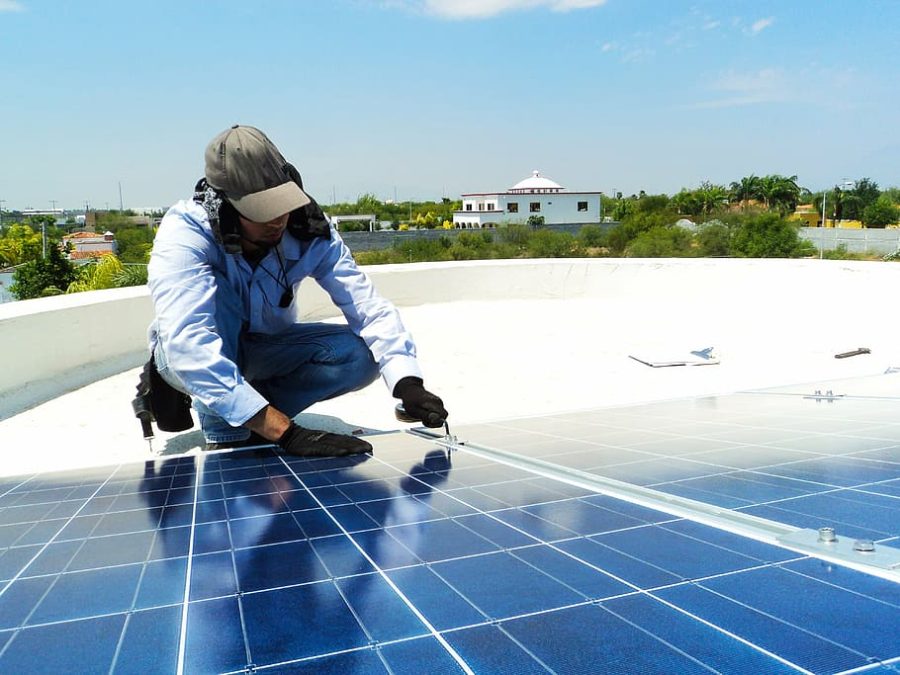
Ready to wrap this up? The benefits of residential solar panels are hard to ignore, offering a blend of economic, environmental, and personal gains.
In summary, the benefits of residential solar panels are extensive, ranging from economic gains to environmental conservation and energy independence. If you’re considering making the switch, there’s never been a better time than now.
Quick Recap:
We’ve journeyed through the multifaceted world of solar energy, touching on its economic advantages like reduced electricity costs and tax incentives.
We’ve also delved into its environmental impact, highlighting how it helps reduce carbon emissions and promotes a sustainable future.
Technological advancements have made solar panels more efficient and versatile, empowering you to achieve energy independence.
Encouragement To Go Solar:
If you’ve been pondering the idea of going solar, consider this your nudge to take action.
The benefits are not just individual but communal, contributing to job creation and energy security.
With the advancements in solar technology and the financial incentives available, there’s never been a better time to make the switch. Your future self and the planet will thank you.

